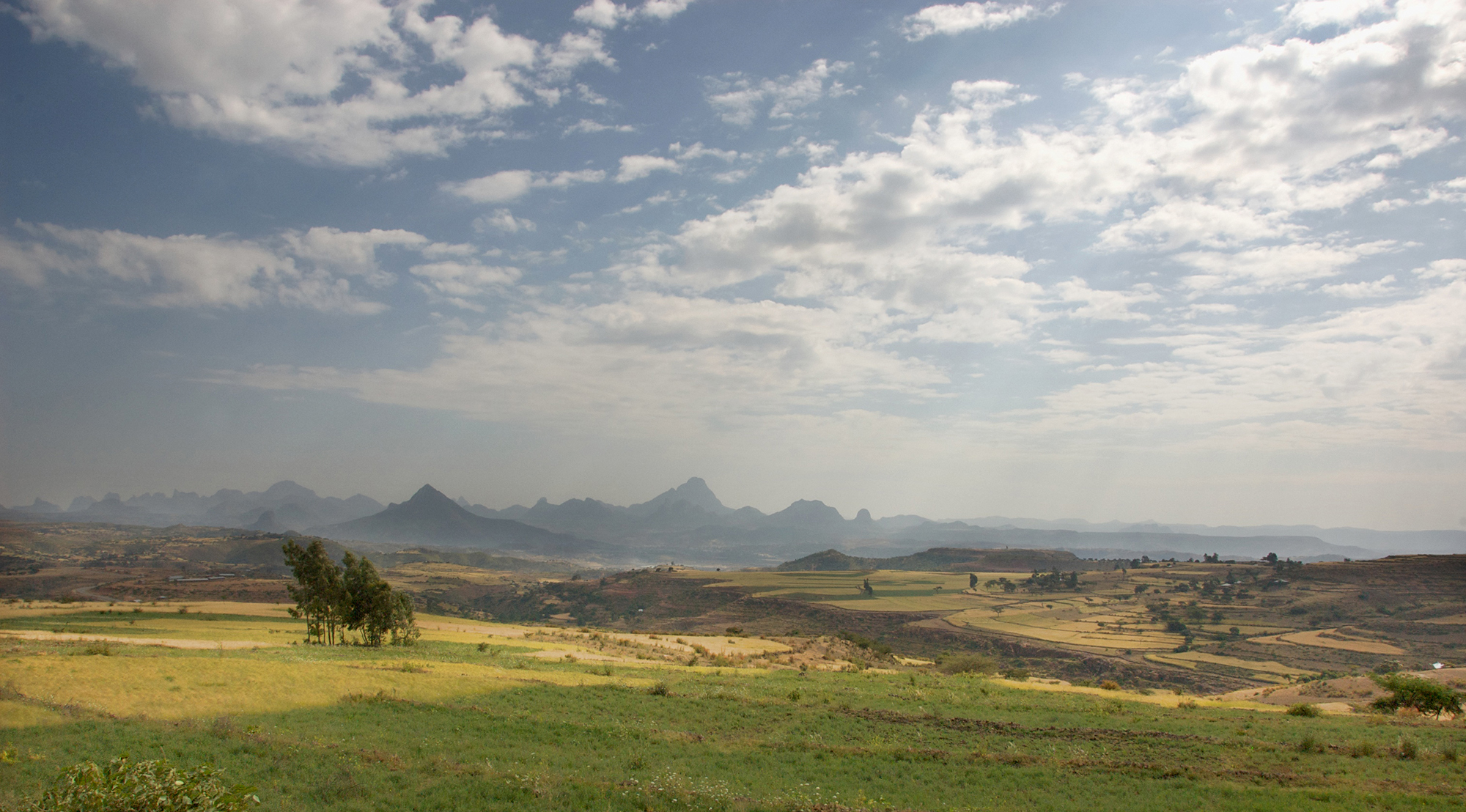The peace treaty between Ethiopia and Eritrea still bears hope.
However, nothing much changed in Eritrea, or so little. The war with Ethiopia is over and one war less, until we finish them all, is a huge step forward. Lifting the state of war between the two countries, as it was used to justify the appalling conditions imposed on the Eritrean population, should have changed the situation in the country. It has not.
Thorough analysis of the peace treaty shows that if it had potential, it was not detailed or elaborated enough to make a difference. Though it provides for several implementation mechanisms – economic zones, investment projects and a supervisory commission – it does not contain deadlines or coercive measures. Could this be a lack of goodwill after the initial thrush? Economic zones were not created and the border closed again. The commission, to our knowledge, has never worked. The original good impetus eroded.
Will the upcoming elections in Ethiopia make a difference? It is desirable, but is Ethiopia able and willing to impose on Eritrea the respect of the conditions, of the promises of the treaty? It is a valid treaty under international law, so its compliance is due.
The peace treaty between Eritrea and Ethiopia demonstrates how a peace process is a mechanism which requires solid and coherent follow-up measures, but also ideally measures bringing the support, the participation of the populations concerned; measures which were definitely lacking here.
APRED, in collaboration with the Center for Global Nonkilling and the Diaspora, supports a peaceful, differentiated and constructive, human approach of the difficulties present in Eritrea. The right to peace, for the authorities as well as for the people, cannot be achieved without an equivalent respect for the rights to well-being and development of all those concerned.


